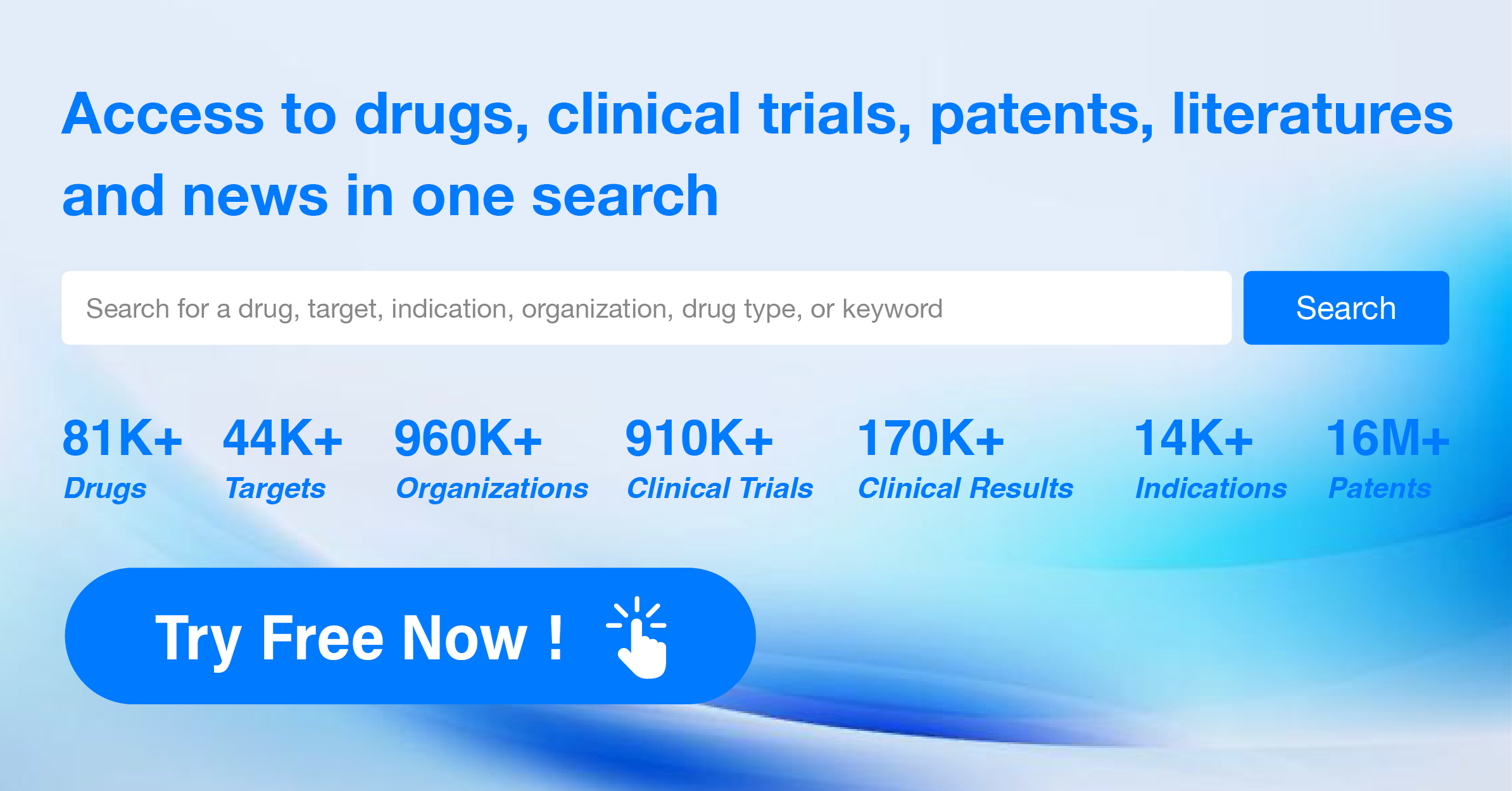What is the difference between toxoids and antitoxins?
Toxoids and antitoxins are two different types of biological products that play roles in the prevention and treatment of certain diseases caused by toxins produced by bacteria, but they differ in their sources, preparation methods, and mechanisms of action.
Toxoids:
Toxoids are usually made by treating bacterial exotoxins with chemical or physical methods. The treated toxins lose their original toxicity but retain their immunogenicity. For instance, the diphtheria toxoid is obtained by treating the exotoxin produced by the diphtheria bacillus with formaldehyde, which can stimulate the human body to produce an immune response against the diphtheria toxin. Toxoids are used for vaccination, giving recipients immunity against specific diseases through active artificial immunization.
Antitoxins:
Antitoxins are antibodies specific to certain toxins and are typically derived from animals, such as horses or sheep, that have been infected with the toxin-producing pathogen and have mounted an immune response. Antitoxins can directly neutralize the toxic effects of the corresponding toxin and are used for the treatment of existing toxin poisoning, constituting passive immunity. Antitoxin serum can be obtained by injecting the toxin into an animal's body, causing it to produce an immune response and yield a serum containing specific antitoxins, which is then extracted and purified for therapeutic use.
In summary, toxoids are treated toxins used for preventative immunity, whereas antitoxins are specific antibodies used for the treatment of existing toxin poisoning. Toxoids create long-term immune protection by activating the immune system, while antitoxins provide immediate passive immunity.




